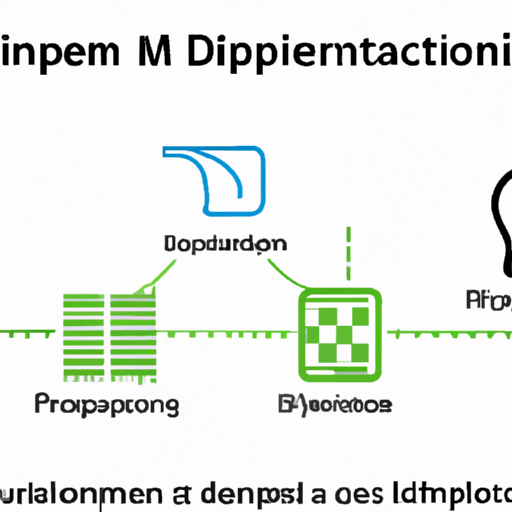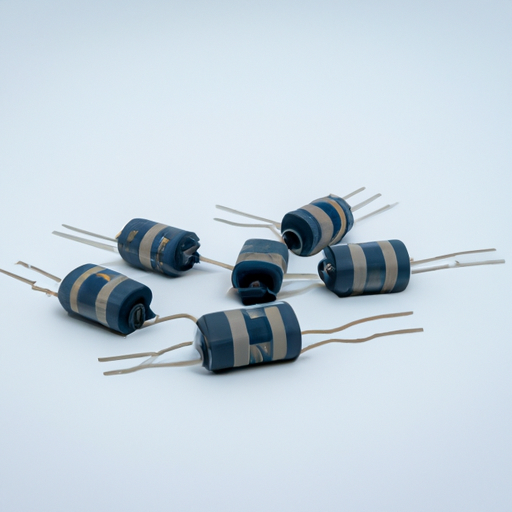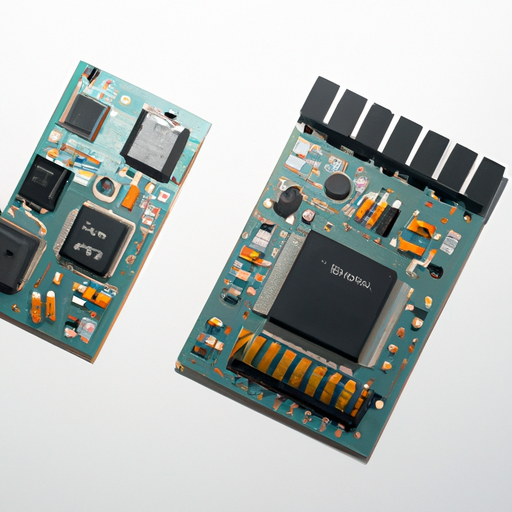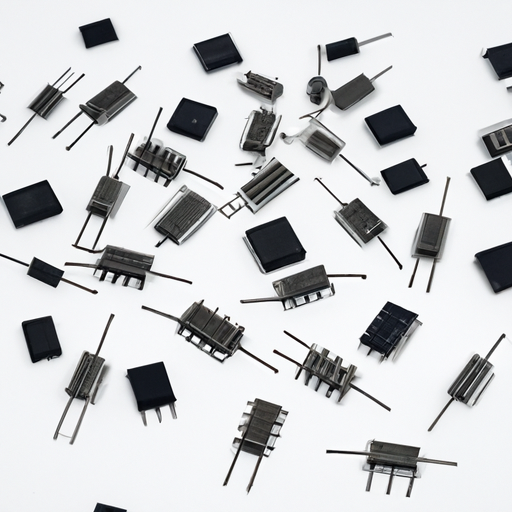ICM7218DIJI Capacitors highlighting the core functional technology articles and application development cases of Capacitors that are effective.
Overview of Capacitors and Their Applications
Capacitors are fundamental components in electronic circuits, playing a crucial role in energy storage, signal processing, and power management. While the ICM7218DIJI is a digital voltmeter that measures voltage, it often interacts with capacitors in various applications. Below is a detailed overview of capacitors, their core technologies, and notable application development cases.
Core Functional Technology of Capacitors
1. **Basic Functionality**:
- Capacitors store electrical energy in an electric field formed between two conductive plates separated by a dielectric material. When voltage is applied, they accumulate charge, which can be released when needed.
2. **Types of Capacitors**:
- **Ceramic Capacitors**: Known for their small size and reliability, they are commonly used in high-frequency applications due to their low equivalent series resistance (ESR).
- **Electrolytic Capacitors**: These capacitors have high capacitance values and are typically used in power supply circuits for filtering and smoothing voltage fluctuations.
- **Tantalum Capacitors**: They provide high capacitance in a compact form factor, making them ideal for portable electronics and applications where space is limited.
- **Film Capacitors**: Renowned for their stability and low loss, they are often used in audio applications and high-frequency circuits.
3. **Key Parameters**:
- **Capacitance**: Measured in farads (F), it indicates the capacitor's ability to store charge.
- **Voltage Rating**: The maximum voltage the capacitor can safely handle without breakdown.
- **Equivalent Series Resistance (ESR)**: A critical parameter for high-frequency applications, indicating the resistance to AC current.
- **Temperature Coefficient**: Describes how capacitance varies with temperature, affecting performance in different environments.
Application Development Cases
1. **Power Supply Filtering**:
- Capacitors are vital in power supply circuits, where they smooth out voltage fluctuations. In switching power supplies, they filter high-frequency noise, ensuring a stable output voltage for sensitive components.
2. **Timing Circuits**:
- Capacitors, in combination with resistors, form RC circuits that are essential for timing applications. These circuits create delays and oscillations, which are fundamental in various electronic devices, including timers and oscillators.
3. **Signal Coupling and Decoupling**:
- Capacitors are used to couple AC signals between amplifier stages while blocking DC components. They also decouple power supply lines from noise, ensuring clean power delivery to sensitive electronic parts.
4. **Energy Storage in Renewable Energy Systems**:
- In renewable energy applications, such as solar inverters, capacitors help manage energy flow and stabilize output, playing a crucial role in energy storage systems.
5. **Audio Applications**:
- In audio equipment, capacitors are used in crossover networks to direct specific frequency ranges to appropriate speakers, enhancing overall sound quality and performance.
6. **Automotive Applications**:
- Capacitors are integral to automotive systems, including power management, infotainment, and safety features like airbags. They assist in energy storage and rapid discharge, crucial for system reliability.
7. **Consumer Electronics**:
- In devices like smartphones and tablets, capacitors are employed in power management circuits, display drivers, and audio systems, contributing to the efficiency and performance of these devices.
Conclusion
Capacitors are essential components in modern electronics, with a wide range of applications across various industries. Their ability to efficiently store and release energy makes them vital for power management, signal processing, and energy storage solutions. As technology evolves, advancements in capacitor materials and designs continue to enhance their performance, paving the way for innovations in electric vehicles, renewable energy systems, and advanced consumer electronics. Understanding the core technologies and applications of capacitors is crucial for engineers and developers working in the electronics field.





